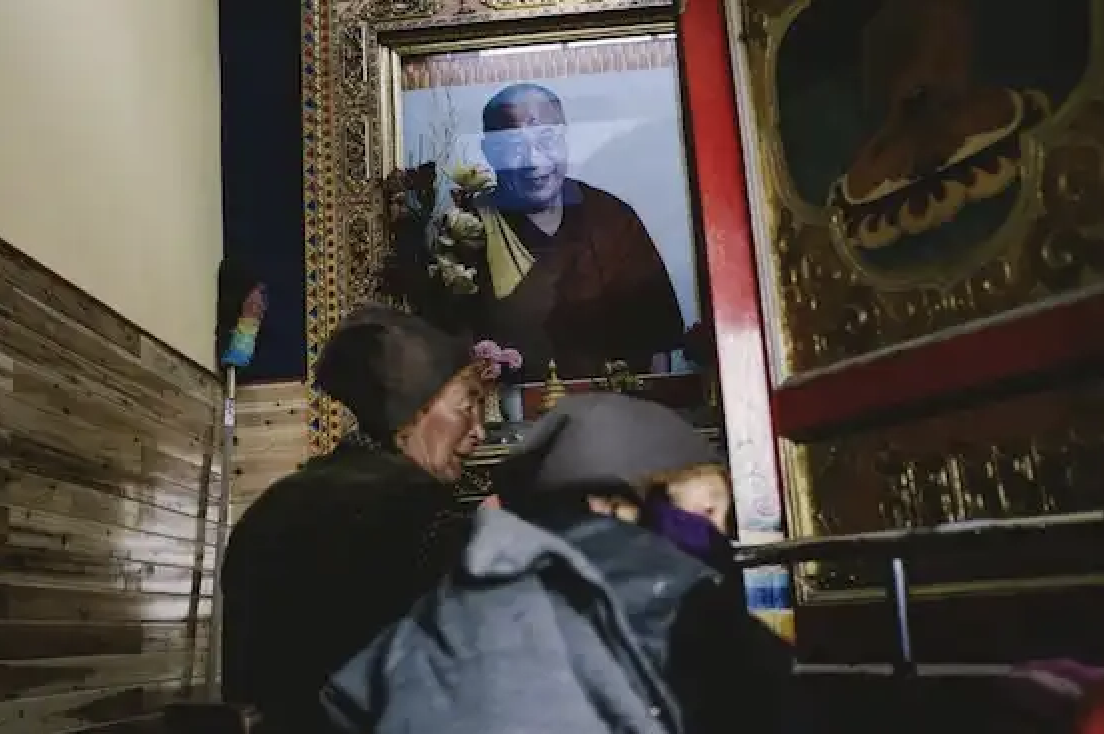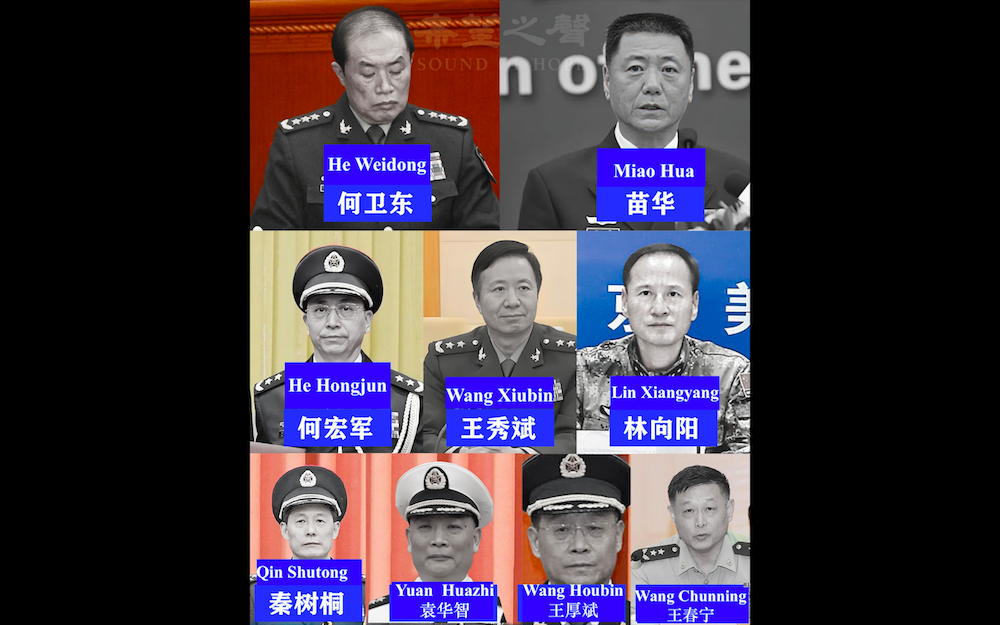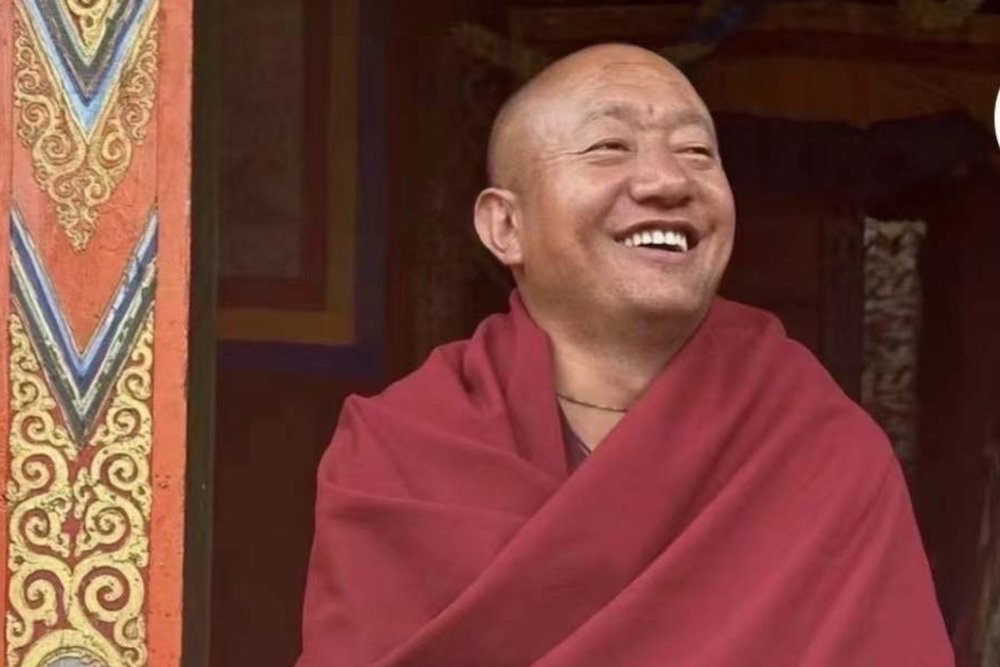By Bhuchung K. Tsering
Tibetan World, February 2005
When Tibetan World invited me to write something for the magazine I thought of talking about things that will provoke my fellow Tibetans to introspect and to take stock of their situation before venturing to face the world.
The predominant readers of this magazine, I assume, are energetic Tibetans who are about to graduate from schools or are in the process of joining colleges. Therefore, from my own experience of growing up in the Tibetan community in exile I wanted to share some thoughts with you in this column. Had I been acquainted with some of these when I was finishing school I am certain that I would today be able to make a better contribution to our society.
Let me first lay the background. The first generation of Tibetans in exile grew up in an environment where they were exposed only to things and issues that had functional utility. Many of them adopted a career (most often that amounted to joining the Tibetan Government in Dharamsala) not because they had the luxury and benefit of choice, but out of sheer necessity. They also did not have a wider exposure to the world. On top of these they had to shoulder the emotionally charged political responsibility of the time. They were constantly reminded that they were the “seeds of future Tibet.”
But today’s young Tibetans fortunately do not have to confront these elementary problems. However, they are growing up in a different situation and face a different set of challenges, some of them, ironically, being more complicated than those faced by their predecessors.
The first point is that we should not miss the wood for the trees. Whether in our own personal life or in the broader field of Tibetan politics, we need to be able to differentiate between form and substance in all that we do. We do many things for their symbolic value but we have to know that the real results are provided by the substance. For example, in our political struggle, I have a feeling that we Tibetans seem to confuse the ephemeral media attention with the ultimate objective of our campaign. We need media attention alright but we should not be complacent and see that as the end of our goals, but understand that it is just a vehicle to achieve our main goals.
Also, like most Tibetans now, I, too, grew up wanting to make my own mark in the Tibetan political struggle. However, as I was only exposed to a world of generalization without having the option of looking at the specifics I was only aware of the broader goals of free Tibet. I had no comprehension of its complexity and cared less about the very many avenues to alleviate the plight of the Tibetans in Tibet.
A case in point is the human rights dimension of the Tibetan issue. To most Tibetans, human rights, at best, is just one of the many slogans raised during those perfunctory demonstrations. In fact, in my early stage of political life, if you will, I remember reading pamphlets on Tibet that our supporters in the United States issued in which they raised specific Tibetan human rights cases. At that time I was a bit taken back and wondered why these supporters were not concentrating on the broader political objective and wasting efforts on human rights. Today, the issue of human rights is one of the strongest and stable vehicles that the Tibet movement depends on in our political struggle. But does a Tibetan growing up in exile today really know enough about human rights issues and how it relates to our political goal?
The second point that I have is that we Tibetans need to learn to challenge the system. The day I was working on this article, I read in the newspaper about a successful Christian evangelist called Joel Osteen. I don’t know anything about him, but a quote from one of his lectures struck me. He said, “You’ll never be what you ought to be if you play it safe. I want to challenge you today to get out of your comfort zone.” This is what all of us Tibetans ought to be doing.
If I were to say that we are not in tune with reality many of my fellow Tibetans will feel that I am exaggerating. Certainly, we need to step out of our comfort zone and face the world of reality in a deeper sort of way.
We need to think outside the box, whether in our career choice or in our political struggle. Just do a random survey of the career that our people have taken up in the past few decades and you will see what I mean. We have not ventured enough beyond the safe choices that have been made by our predecessors.
In our political life, too, if we look at the sort of action that we are launching today, they are not much different from those that were launched two decades back, by another set of Tibetans. We still are not doing enough to provide an ideological basis to our struggle and rely on the same sort of techniques. If the Tibetan political struggle can be compared to a newspaper, the headlines are more often than not being repeated constantly. Occasionally, there is a silver lining when an individual Tibetan may shine in a certain field but in general all of us, even the radical ones, continue to think within the box.
The third point is that we need to take a historical perspective of things. We are all players in the bigger drama of life and our individual roles appear at a specific period in time. But the curtain has always remained raised and we need to know that there were players before us.
Sometimes, we may think we are coming up with an innovative idea and try to implement it. In the process we make a big deal out of it even going to the extent of projecting the idea as something that should have been thought of a long time back. But if we cared to look back, a similar idea may have already been implemented at some point in time.
A historical perspective by us is needed not merely to become aware of what happened in the past, but more importantly to learn from that experience. What have been the merits and demerits of some of the common political tools like hunger strikes, demonstrations, petition organized in the past and how can we use the knowledge to reshape our current action?
In short, Tibetans of this generation have the opportunity to make a viable contribution in laying out the direction of the future of our people, in Tibet and outside. But much thinking needs to be done before they take the jump. People of my generation may not have had the opportunity of having the most appropriate springboard from which to make that jump. This generation has it and you should use it strategically.









